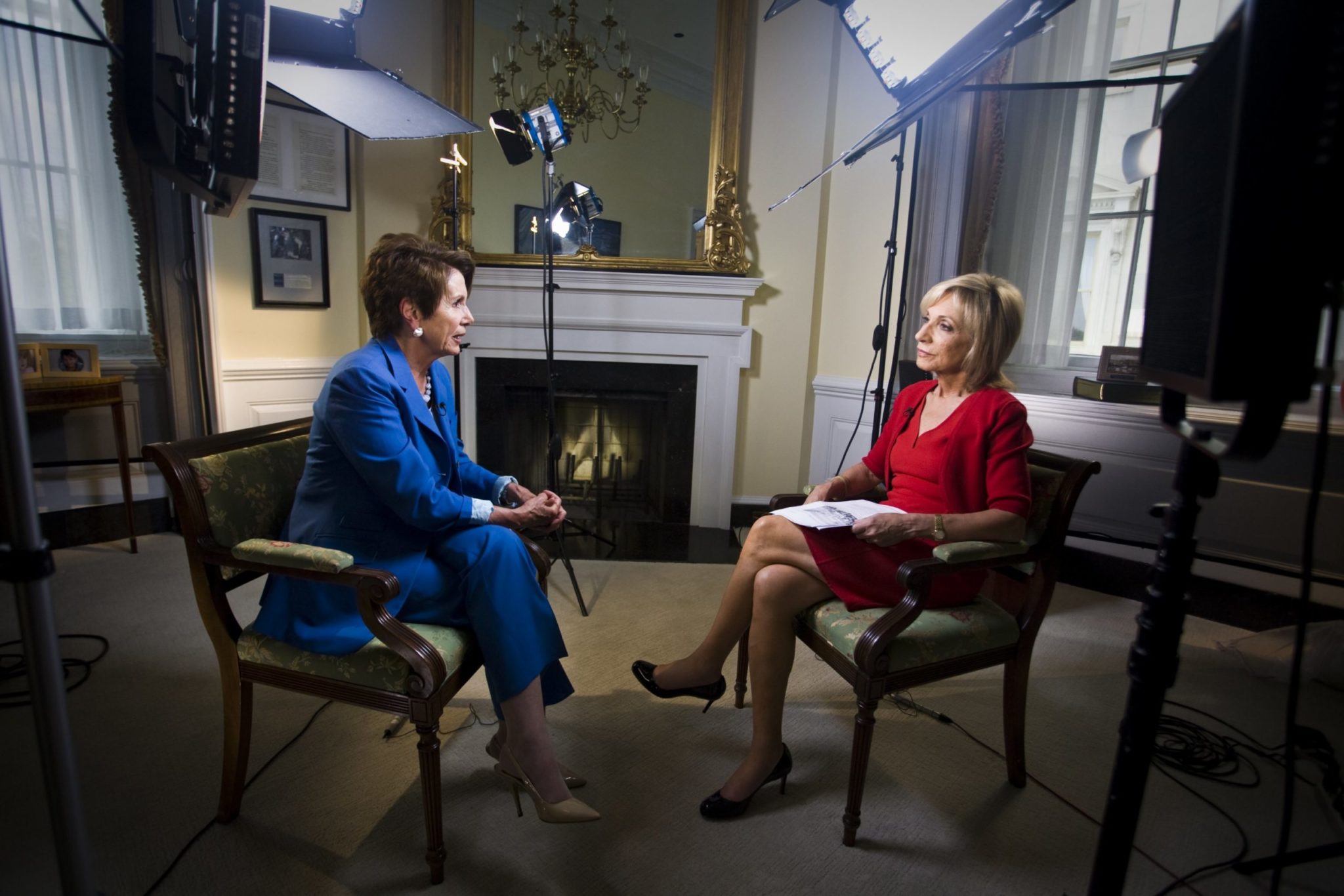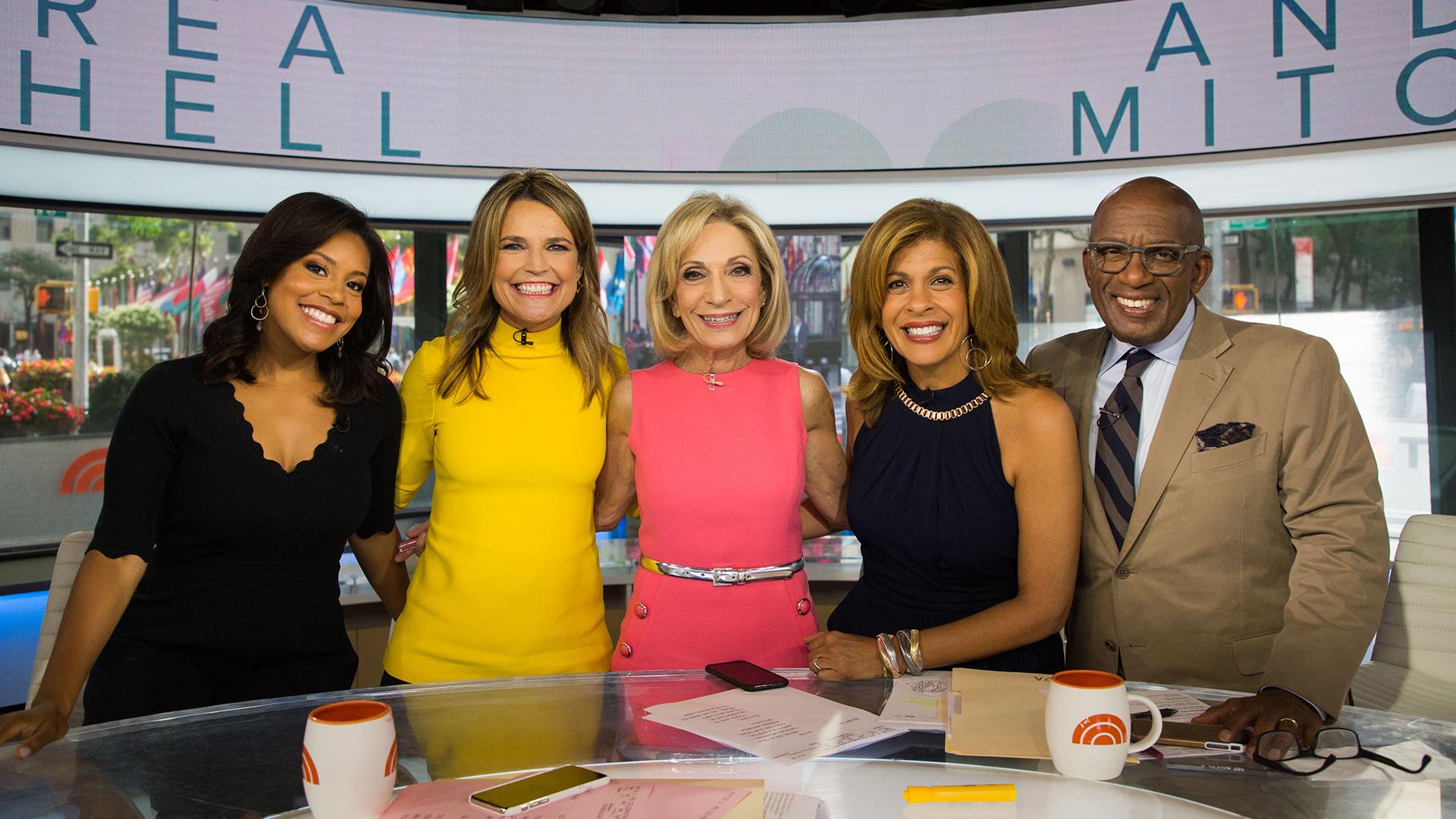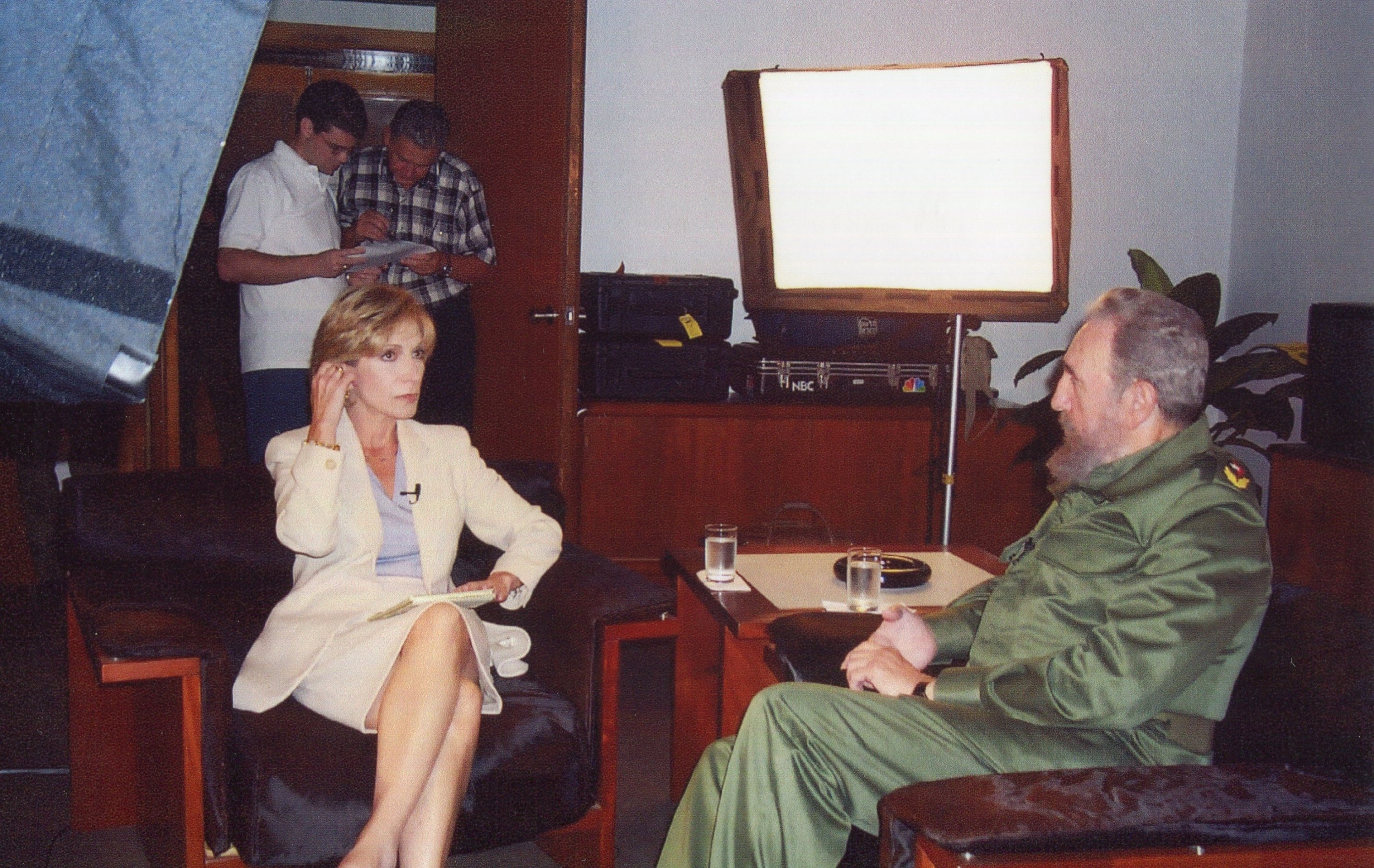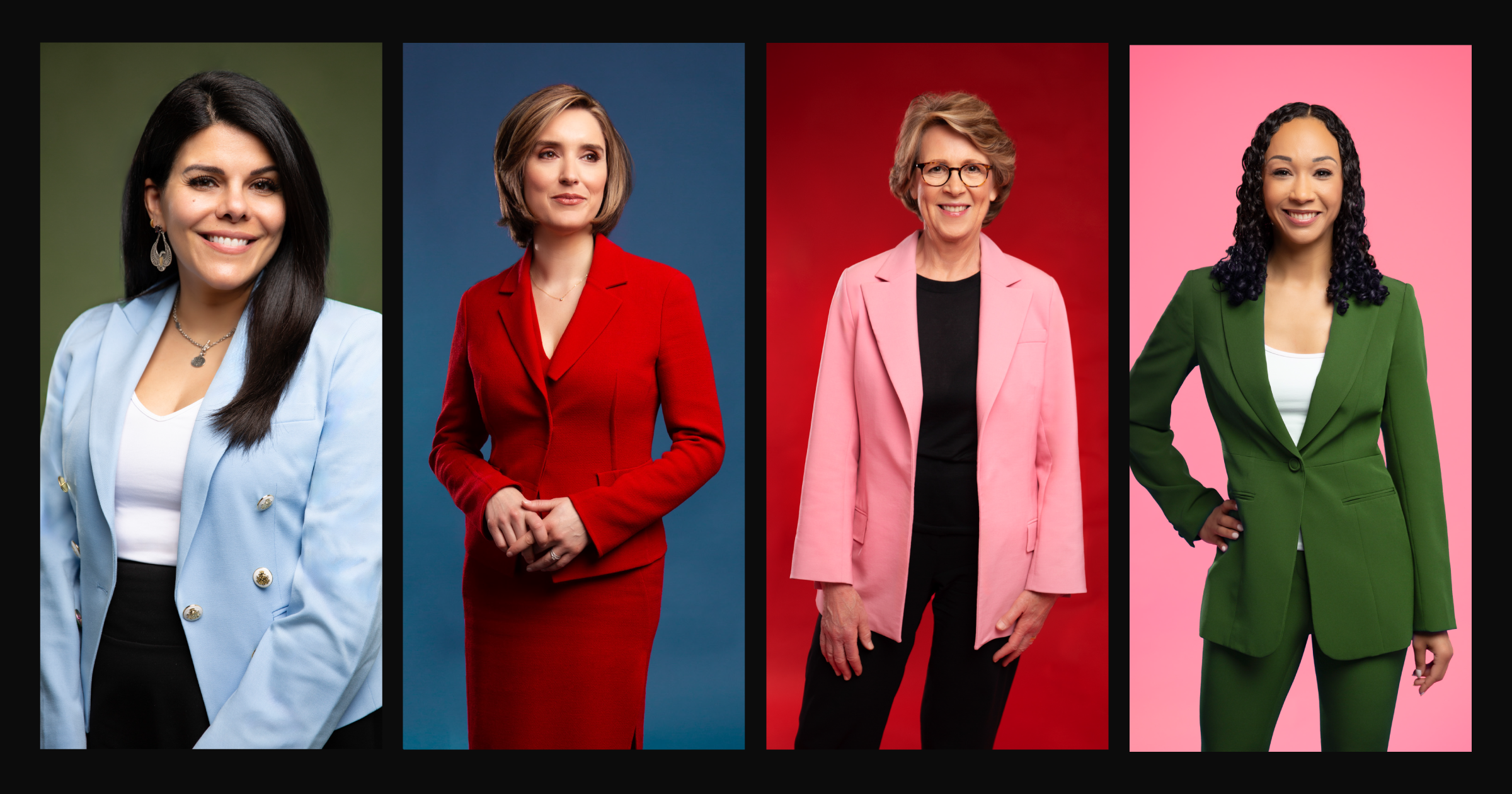Andrea Mitchell began her career as a radio news reporter in Philadelphia in 1967, and is now one of network television’s most recognized faces. This week, NBC News’s chief foreign affairs correspondent and the anchor of Andrea Mitchell Reports on MSNBC and occasionally other shows—she hosts Meet the Press this Sunday—will be honored with a lifetime achievement award at the sixth annual Washington Women in Journalism Awards (Washingtonian is a co-sponsor of the event, alongside Story Partners). Washingtonian spoke with Mitchell by phone about the cultural status of women in the media, how she’s seen the profession change, and how journalists should approach issues of sexism in the 2020 campaign.
I can’t pass up the opportunity to discuss politics. There’s a narrative brewing that the mainstream press has botched its Mueller coverage, vastly overhyping the report, then failing to push back hard enough on Bill Barr.
I can’t speak for all the media. I don’t think that the Mueller report was hyped at all. I think it’s an extraordinary document. It just has to be read carefully and read for what it says, rather than for what people in the administration, including the attorney general, say it says. They tried to rebut it, but they contradicted key facts, and I think it is being taken seriously.
Mueller will testify on Capitol Hill soon. Is the report the beginning of the end, to use the cliché, or end of the beginning?
It think it is closer to the beginning rather than the end. I just think we’re going to face a long legal struggle as the administration makes it very clear the president wants to delay any subpoenas and fight this out in court. I also think we should not expect too much from these hearings. I don’t think you’re going to see some bombshell statement from Robert Mueller after he’s been so judicious and careful in following the legal guidelines.
Let’s turn to the topic of your award. The past three years have seen a historic shift for women in media. How does it compare to other periods of culture shifts you’ve seen?
I’ve seen so much dramatic change in the way women are accepted in the front lines of major beats in Washington. Our women correspondents at the White House, Kristen Welker, Hallie Jackson, and Kelly O’Donnell, and our teams behind the cameras in the newsroom editing, shooting tape—none of that was possible when I started at NBC more than 40 years ago.
My executive producer on my program, Michelle Perry, has been with me for years, and had worked for Tim Russert and has moved up through the ranks. Jennifer Suozzo is executive producer of the Nightly News, and was my executive producer when we first put my MSNBC show on the air. And Libby Leist is the executive producer of the Today show, she was my State Department producer as we traveled all over the world together. So it’s just dramatic change in every way.
Where do you see women leading the charge elsewhere?
We have some extraordinary women journalists [outside NBC News]. I don’t want to mention too many specifically [in case] I will fail to recognize somebody. One of the things that’s less well known is that we all support each other. We are a sisterhood behind the scenes. That was very true of the Clinton press corps—it was predominantly female, whether by accident or design, I don’t know. We all gravitated to each other, and we were all very supportive of each other.
In what ways do you support each other?
In every way possible: To celebrate victories, to celebrate great prizes and great gets. Congratulating each other, even among competitors. There are data to show that women legislators have supported more bipartisan legislation than their male counterparts, even though they are fewer in numbers. It’s the same in journalism.
There was a recent case, which is very private, of one of our friends who has been ill, and women colleagues have been flying out of town to her bedside to be with her. I really shouldn’t say more than that. But let’s just say women, even recently, have been known to take time off and to help care for colleagues when they are ill, or who need help. And none of this is ever reported, because why would it be?
It seems there’s still a split between powerful positions, which you describe, and positions of absolute leadership. I’m thinking of a study a few years ago that estimated about 10 percent of upper management roles in newsrooms are held by women.
I think that is true, and particularly true in print, because publishers were often legacy inheritances, with the exception of Katharine Graham. Many years ago there was a famous picture of the Associated Press managing board: Thirty men sitting around a boardroom, and Kay was the only woman. But that is changing, and yes, it’s changing too slowly. I think it’s changing faster at the networks than in print, where there is more mobility, and it’s more of a meritocracy.
When I first started as a radio reporter in Philadelphia at an all-news radio station, [KYW], I was sent to Harrisburg to file a story, on a protest at the state capitol. And the then-dean of the press corps, a man named Duke Kaminski of the Philadelphia Evening Bulletin, he wouldn’t let me to file my story. All I needed was a phone. We had a KYW phone in the press room, and I was not allowed to use it to file it to my own team. I had to find a woman legislator, and a place I could make a phone call. In a state capitol.
Laws have changed, and customs have changed, but a lot has been transformed, and a lot of it to our own efforts, in being aggressive and essentially demanding and getting our rights. But you know, none of this changes overnight. It’s even more challenging for women of color and other minorities.
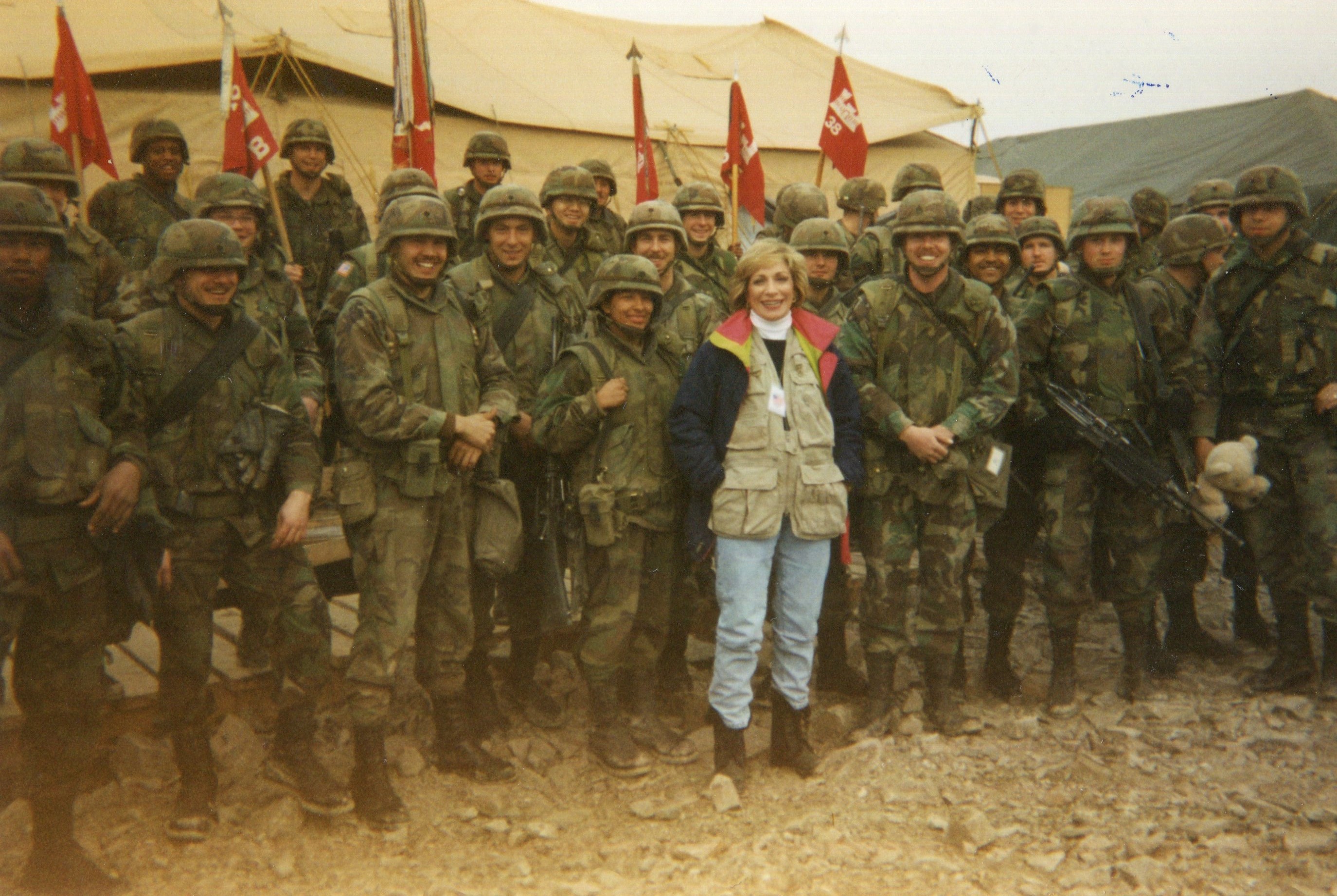
Let me ask about 2020. You recently asked Senator Gillibrand why white and male candidates are polling better than women candidates, but she didn’t answer. What do you think the reason is?
In fact, I do think there are certain stereotypical views of women in leadership positions that some journalists, and some of the opinion-setters, have to get past. And it’s what Hillary Clinton struggled with. She had other issues and other problems and other headwinds. In her first campaign for president, she tried to be commander in chief, in her second campaign, she tried to be grandma, and she couldn’t figure it out. Women candidates struggle with the way some people stereotype them.
You know, they are either criticized for being not appealing enough, or not serious enough, or too serious, or putting forward too many policies—they just seem to be judged often by a different standard by the mainstream media. I don’t know if these early polls really mean anything, because they probably do not. But certainly the men right now, in this moment in time, are getting more attention.
This interview has been lightly edited for length and clarity.

